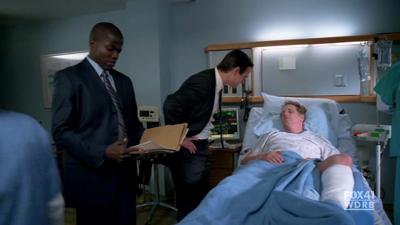
Earlier in her career, while raising three children as a military spouse, Crystal worked to improve health care access for military families and secure job stability for military spouses. Crystal also founded the Missing and Murdered Indigenous Women of NC and will soon earn an EdD centered on the epidemic of violence against Indigenous women in her state. She launched the Native American Caucus of the North Carolina’s Democratic Party and helped to charter ten county-level caucuses across the state while serving as Caucus president. Crystal Cavalier is a proud member of the Occaneechi Band of the Saponi Nation, a water protector, and a powerful voice for the people of North Carolina.Her work has appeared in the New York Times,Washington Post, Teen Vogue, and The Root. She is Researcher-in-Residence at the Barnard Center for Research on Women. Her work has helped define the national movement for Abolition and challenges abusive and discriminatory policing against women, girls, lesbian, gay, bisexual and transgendered people of color. She is the author of Invisible No More, a history of state violence against women of color. Ritchie is a writer, lawyer and activist who advocates for the lives of victims of police violence. He is a regular contributor to Monthly Review, Souls, Color Lines, Counterpunch and The Black Scholar.

His writing influences our understanding of the African Diaspora, black intellectuals and the role of music and visual culture in fostering freedom dreams. Nash Professor of American History at UCLA and author of several books and articles exploring African and American culture, history, and the struggle for justice. Kelley is a scholar activist who has written extensively on the African American struggles for freedom. He is president of the James and Grace Lee Boggs Center in Detroit. He chronicled the early works of James and Grace Lee Boggs in his acclaimed book, In Love and Struggle. His work explores African American political thought and the development of Black Power, especially as it has evolved in urban centers.

He is a professor in the Department of Afroamerican and African Studies at the University of Michigan where he teaches social theory and practice. Stephen Ward is an historian and activist. King’s address at Riverside Church built upon the work of activists and projected a powerful call to unite these struggles conceptually and strategically. government claiming to defend democracy abroad while denying democracy at home. The Student Non-Violent Coordinating Committee (SNCC) was one of the first organizations to denounce the war and emphasize the hypocrisy of the U.S. The connections between the wars abroad and the wars at home were becoming increasingly clear. King explained, many of those drafted and dying were young, African American men while the demand for justice at home was accelerating, bringing new levels of repression.
#Breaking the quiet 4 plus
the anti-war movement had mobilized hundreds of thousands of people in local and national demonstrations plus tens of thousands who had challenged the draft. The countryside and cities in the south and the north had been devastated by combat, bombing, and use of toxic defoliants like Agent Orange. military personnel had died in the Vietnam war. war in Vietnam and for unity and action to end the triple threats of militarism, racism, and extreme materialism.īy April 1967 over 1 million Vietnamese, Laotians, and Cambodians and 16,000 U.S. This speech was the first time he publicly called for an end to the U.S. King gave one of his most consequential speeches titled, “Beyond Vietnam: A Time to Break Silence”. Exactly one year before, on April 4, 1967, Dr. was assassinated in 1968 while he was in Memphis, Tennessee to support sanitation workers.


 0 kommentar(er)
0 kommentar(er)
